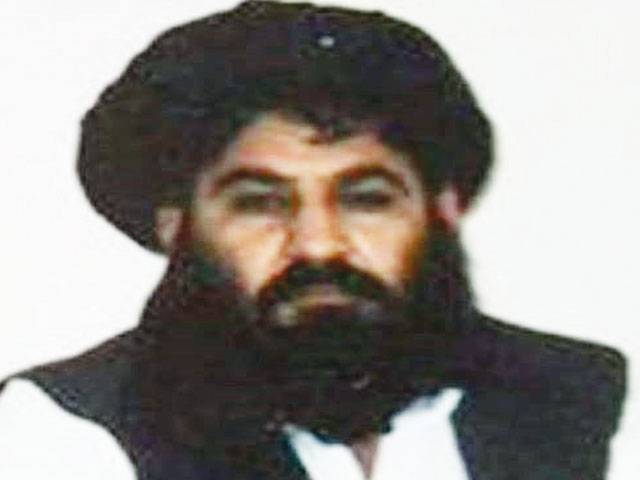ISLAMABAD - Mystery has been shrouding over the death of Taliban chief Mulla Muhammad Akhtar Mansour.
The US claimed to have killed Mulla Mansour in a drone attack near the Pak-Iran border in Balochistan the other day.
Apparently using Pakistani documents with the name of Wali Muhammad, he was reportedly targeted and killed along with his driver in a hired cab from Iran shortly after entering Balochistan.
Sources in the government told The Nation yesterday that Mulla Mansour has been out of contact since February last when he had declined Pakistan's request to join the quadrilateral peace process in Afghanistan.
This, they believed, was because of the decision of Afghan Taliban Shura not to join the peace process and instead launched the Spring offensive against the Afghan government and American forces.
The Afghan Taliban Shura still largely dominated by the followers of late Taliban chief Mulla Omer is against the peace talks with the Afghan government and the US-led foreign troops.
On the other hand, some reports suggest that Mulla Mansour has frequently been travelling to Iran and Dubai on Pakistani travel documents which most of them including their families have been using since their creation with the help of the US.
Although there has been no official input from the ISPR, some of the security analysts believed that Mansour has been out of Pakistan's control while citing the recent policy statement of Prime Minister's Advisor on Foreign Affairs Sartaj Aziz in the Senate a couple of weeks ago that Afghan Taliban were not in Pakistan's control.
However, they were still not sure whether the US-drone hit was the result of intelligence sharing between Pakistan and the United States. According to them, some people are apparently tossing up this possibility but it is quite immature at this point of time to jump to such conclusion.
"Such thinking is perhaps out of the open differences the late Taliban Chief had with Pakistan on the issue of joining quadrilateral peace process", said Najam Rafique, Director Research at the Institute of Strategic Studies, Islamabad.
He was of the view that in a complex situation like that in Afghanistan, it would be rather premature to say with certainty that he has been killed through drone strike on the basis of US own intelligence or on the basis shared intelligence.
He categorically rejected the perception of Pakistan's intelligence input because of the fact that Pakistan is openly against the US drone attacks policy. "I do not think Pakistan had any role in his killing through the US-drone attack," added Najam Rafique.






